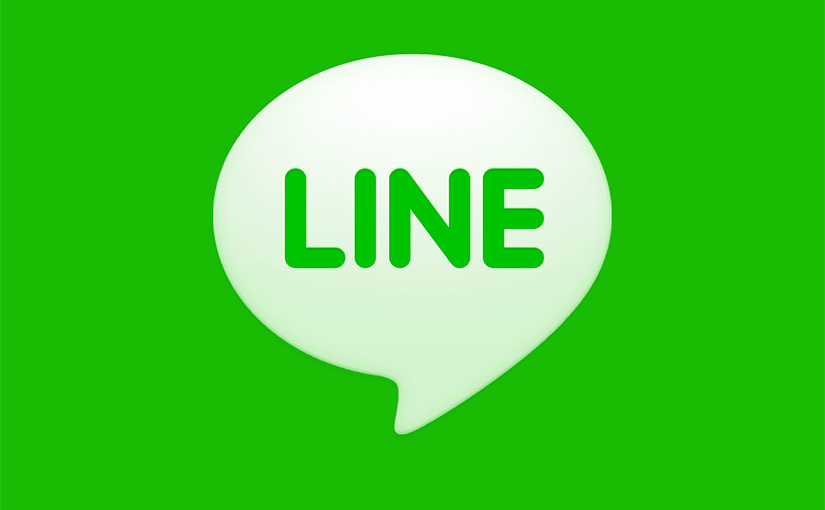Tag: nokia
-

MixRadio: from Nokia to Microsoft to LINE
Messaging giant LINE continuous globalization MixRadio will complement LINE’s local Japanese LINE Music service by Gerhard Fasol In December 2014, LINE and Microsoft announced that LINE will acquire the streaming music service MixRadio from Microsoft. LINE already operates a Japan-only streaming music service “LINE Music”. Since music licensing is largely country or region specific, with…
-

Nokia to buy Panasonic’s mobile phone base station division
Nokia to acquire Panasonic System Networks by Gerhard Fasol Nokia to expand market share in Japan, Panasonic to focus on core business Panasonic, after years of weak financial performance, is focusing on core business. Nikkei reports that Panasonic is planning to sell the base station division, Panasonic System Networks, to Nokia. Nokia expands No. 1…
-
NOKIA quits Japan – for now…
NOKIA’s Japan subsidiary was founded on April 3, 1989 – almost 20 years ago. On November 27, 2008 NOKIA announced to terminate selling mobile phones to Japan’s mobile operators, effectively withdrawing from Japan (except for purchasing, R&D and VERTU). NOKIA’s sales figures in Japan were a well kept secret until last week when several Japanese…
-
Nokia & Sony Ericsson Results Likely to Disappoint (CNBC TV interview)
More in our J-ELECTRIC report: http://www.eurotechnology.com/store/j_electric/ Copyright·©2013 ·Eurotechnology Japan KK·All Rights Reserved·
-
"Help – my mobile phone does not work!" – Why Japan’s mobile phone sector is so different from Europe’s
Presentation at the Lunch meeting of the Finnish Chamber of Commerce in Japan (FCCJ) on March 16, 2007 at the Westin Hotel, Tokyo. Find the summary and photos of the meeting here Download the presentation here From the Announcement: In his presentation, Dr. Fasol will explain the essentials of Japan’s mobile phone market, why and…
-
SANYO – NOKIA CDMA2000 JV (Interview for CNBC)
Was interviewed today about the announced JV between SANYO and Nokia for CDMA2000 phone handsets (I added some corrections here): [Q1] How will SANYO benefit from this, since they are the ones who have the technology, what do they hope to gain from working with Nokia? Or is this merely a way to reduce costs…